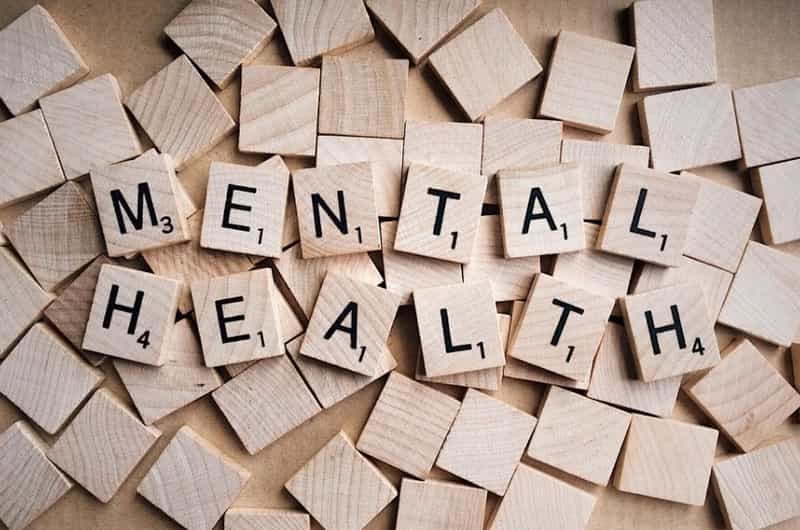While there are many tricks, methods, and techniques for improving mental health, perhaps the most helpful is counseling. Counseling is carried out by a professional who has received advanced and in-depth training about mental health. Their goal is to learn as much about you and your struggles as possible and then work with you to find solutions that will last. Some counselors are even trained to treat specific conditions. Many people are skeptical of counseling. They wonder if it’s worth it and if it really works. Counseling has helped millions of people and it has the potential to help you too. To learn more about counseling, check out https://www.mytherapist.com/. If you’re unsure, there is never any harm in trying out a few sessions to get a feel for it. Counseling has an endless number of benefits and all are equally important.
Someone to Listen
How often do you have someone’s undivided attention as you talk about everything you’re going through? In counseling, you’ll normally get 45 minutes to an hour of talking back and forth with your counselor. For many people, it’s comforting just to have a listening ear and someone who cares sitting across from them. Voicing your worries out loud can help clear your mind and make your fears less distressing.
Reducing Shame
It can be hard to go to friends or family members about the things you’re dealing with. You may be afraid of being judged or worried others will think differently of you. Having a counselor is helpful because they aren’t there to judge you. Instead, they’ll act as an unbiased source of advice and give you tips to start feeling better. They’ll look at your life from an objective perspective and will invite you to do the same. Shame can be very damaging to mental health and self-esteem, but counseling assists in alleviating those feelings. You’ll be able to talk about anything that’s on your mind.
Challenging Thoughts
Negative thoughts are difficult to control, especially on your own. A counselor is specially trained and can teach you how to have authority over those thoughts. They may use a technique called CBT, or Cognitive Behavioral Therapy. With a counselor, you’ll have both the support and the tools you need to change your way of thinking. People who are able to get their thoughts under control report being happier and mentally healthier.
Better Coping Strategies
No one can be in therapy 24/7, and even if you were, you’d soon run out of things to talk about without the experiences of everyday life. Therapy can equip you with tools and strategies for reducing stress, managing anxiety, and curbing depression. You’ll be able to use these methods almost wherever and whenever. Every person will have unique challenges which is why a counselor can be so beneficial. They’ll be able to come up with specific action plans and treatment options to help you even when you’re away from the counseling office. Part of improving your mental health is learning how to manage your emotions and thoughts on your own. With the help of a counselor, this becomes even more attainable.
More Self-Awareness
In counseling, you’ll learn more about yourself than you ever thought possible. Sometimes it just takes saying things out loud to really understand them. In many instances, you won’t even realize what you’re saying until it has already been spoken. These are your subconscious thoughts coming to the surface and should be paid attention to. Counseling will give you new insight into your own life and will teach you how to self-regulate your emotions so that you hold more power and control.
Increasing Hope
Living with mental illness is both difficult and exhausting. Sometimes it can be hard to keep going, but it’s always vital that you do. Meeting with a counselor will give you that extra push to keep trying and to hold onto hope. Your counselor will remind you that there is light at the end of the tunnel and will be able to point out the ways in which you’ve grown. Essentially, your counselor will become your biggest cheerleader as you work through various challenges.
The most important part of counseling is finding the right counselor. Whoever you choose should be empathetic, a great listener, and offer advice that genuinely helps you feel better. Note that recovery can be a long road, so it might take some time to see improvement in your overall mental health and wellbeing. Be sure to take care of yourself outside of counseling by practicing healthy eating habits and staying active. Counseling can be done online, over the phone, or in person. The choice is yours. While counseling isn’t for everyone, it has helped a lot of people and could help you as well. The only surefire way to know is to try. Hopefully, you will draw many benefits from the experience that will improve your quality of life.


